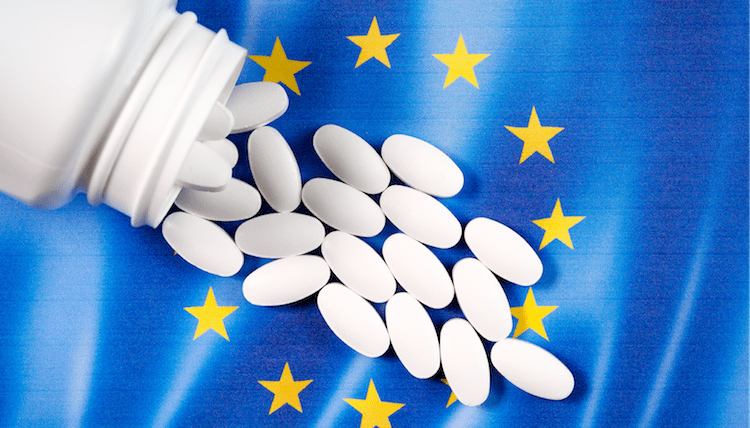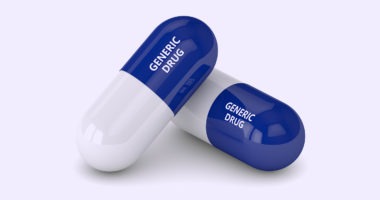The EU: Next Steps in Policy Reforms in Drug Manufacturing and Supply
As part of its Pharmaceutical Strategy for Europe, the European Commission has put out a public consultation, which will be open to December 21, to gather views from stakeholders and the public on revisions to the EU’s pharmaceutical legislation, including measures impacting supply and manufacturing. What is on the table?
The next steps in the process
The European Commission is moving forward with a process for amending pharmaceutical legislation in the European Union (EU) as part of its Pharmaceutical Strategy for Europe, which was adopted in November 2020.
The consultation, which will run for twelve weeks, until December 21, 2021, will gather the views from both the general public and stakeholders to support the evaluation of and the impact assessment for the revision of the EU’s pharmaceutical legislation. The new public consultation follows an earlier one conducted for the preparation of the European Commission’s Pharmaceutical Strategy itself.
Since the adoption of the Pharmaceutical Strategy in November 2020, the European Commission has been working on a number of actions in cooperation with EU member state authorities, the European Medicines Agency, and stakeholders’ organizations. A major flagship action is the revision of the general pharmaceutical legislation, foreseen for the end 2022, which is also being supported by an ongoing study. Other flagship actions of the Pharmaceutical Strategy focus on health technology assessment, EU health data space, legislation on rare diseases and medicines for children, and strengthening the continuity and security of supply of medicines in the EU.
“Today we take an important step for the reform of EU’s pharmaceutical legislation by the end of next year [2022],” said Stella Kyriakides, the EU’s Commissioner for Health and Food Safety, in a September 28, 2021 statement. “A regulatory framework for pharmaceuticals, which is modernized and fit for purpose, is a key element of a strong European Health Union and crucial to addressing the many challenges this sector is facing. I call on all interested citizens and stakeholders to help us shape EU rules for the future, responding to patients’ needs and keeping our industry innovative and globally competitive.”
The last comprehensive review of the general pharmaceutical legislation was tabled almost 20 years ago. The Pharmaceutical Strategy adopted in November 2020 includes an ambitious agenda of legislative and non-legislative actions to be launched over the coming years and has four main objectives: (1) ensuring access to affordable medicines for patients, and addressing unmet medical needs (e.g. in the areas of antimicrobial resistance, cancer, rare diseases); (2) supporting competitiveness, innovation and sustainability of the EU’s pharmaceutical industry and the development of high quality, safe, effective and greener medicines; (3) enhancing crisis preparedness and response mechanisms, and addressing security of supply; and (4) ensuring a strong EU voice in the world, by promoting a high level of quality, efficacy and safety standards.
As part of the development of its Pharmaceutical Strategy as it relates to medicine supply and evaluation of supply chains and vulnerabilities, the European Commission created a mechanism for a structured dialogue with relevant public and private actors of the pharmaceutical supply chain. The structured dialogue first focused on identifying the causes and drivers of potential vulnerabilities, including dependencies in global and complex supply chains of critical medicines, their raw materials, active pharmaceutical ingredients (APIs) and intermediates.
After closing knowledge gaps and gaining a better understanding of the current situation, the European Commission will consider possible solutions to address issues identified. As part of that process, it is opening up a public consultation to comment on the Pharmaceutical Strategy for Europe, which includes measures for manufacturing and supply.





